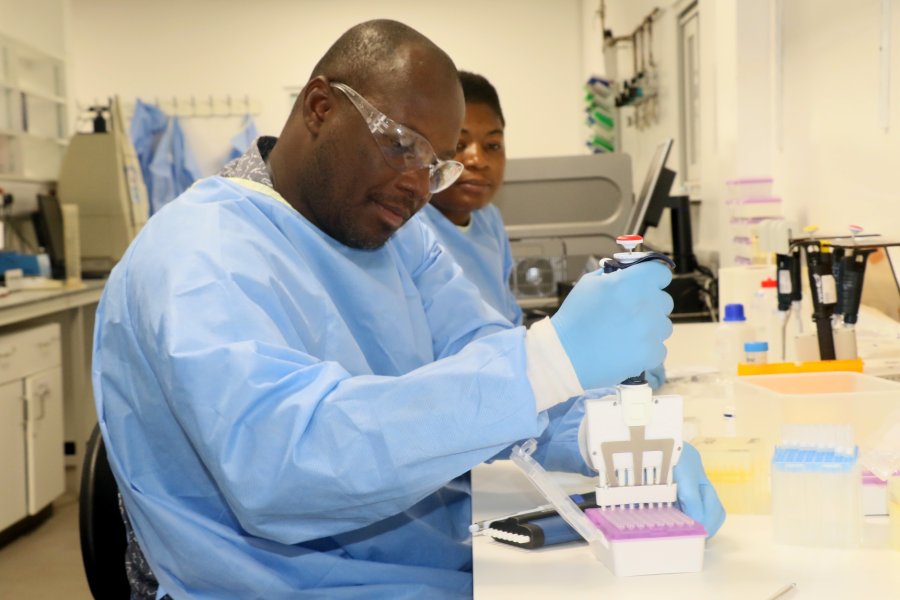The quest to unlock genetic mysteries behind one of humanity’s oldest diseases continues to challenge researchers worldwide. Laboratory facilities across malaria-endemic regions often lack sophisticated genetic sequencing equipment. This disparity creates an uneven distribution of research capabilities, limiting comprehensive data collection from diverse geographical locations.
Data processing limitations
Processing vast amounts of genetic information demands substantial computational power. Current algorithms sometimes struggle to handle the complex variations in parasitic strains. The need for more advanced bioinformatics tools and processing capabilities continues to challenge research teams working to decode genetic patterns.
Malaria genomics research faces significant obstacles in standardizing methodologies across different laboratories. The varying approaches to data collection and analysis methods can lead to inconsistencies in results interpretation. This fragmentation in research protocols sometimes hampers the development of unified understanding across the scientific community.
Time constraints and mutation rates
The rapid mutation rate of malarial parasites presents a moving target for researchers. Traditional genomic analysis methods often require extended periods, during which new variations may emerge. This temporal gap between sample collection and results analysis can affect the relevance of findings.
The field of Malaria Genomics continues to evolve, yet funding allocation remains a critical limiting factor. Resource constraints affect everything from equipment acquisition to maintaining skilled research teams. The complex nature of genomic research demands sustained financial support for meaningful progress.
Population diversity challenges
Different human populations show varying responses to malarial infections, complicating genomic research. Understanding these diverse genetic interactions requires extensive sampling across multiple populations. Current research often struggles to capture this diversity comprehensively.
Ethical considerations – Impacting research scope
While essential for protecting human subjects, ethical guidelines can restrict certain types of genetic research. These necessary safeguards sometimes limit the breadth and depth of genomic investigations, particularly in vulnerable populations.
Technological dependencies – Current state
Available technology sometimes falls short of research requirements. Researchers need:
- More sensitive detection methods
- Faster sequencing capabilities
- Better data storage solutions
- Advanced analysis tools
- Improved sample handling equipment
- Real-time monitoring systems
Knowledge gaps in genetic interactions
Understanding the complex interactions between:
- Host and parasite genetics
- Environmental factors
- Immune responses
- Drug resistance mechanisms
- Transmission patterns
Resource allocation challenges
Critical areas requiring attention include:
- Equipment distribution
- Training programs
- Infrastructure development
- Maintenance support
- Technical expertise
- Quality control measures
Coordinated research efforts
The path forward demands:
- Global database integration
- Uniform reporting standards
- Collaborative research initiatives
- Shared resource utilization
- Knowledge exchange platforms
Impact on treatment development
Current limitations affect:
- Drug development timelines
- Resistance monitoring
- Treatment efficacy studies
- Prevention strategies
- Intervention programs
Communication barriers
Research teams face challenges in:
- Data sharing protocols
- Result dissemination
- Methodology standardization
- Finding consensus
- Building partnerships
Regulatory considerations
Important aspects include:
- Research approval processes
- Safety protocols
- Quality standards
- Ethical guidelines
- International regulations
While current limitations pose significant challenges, they also highlight opportunities for improvement in malaria genomics research. Constraints help direct efforts toward developing more effective solutions. The continued evolution of research capabilities, combined with growing international collaboration, promises to overcome many existing limitations, leading to more comprehensive insights into this critical field of study.











